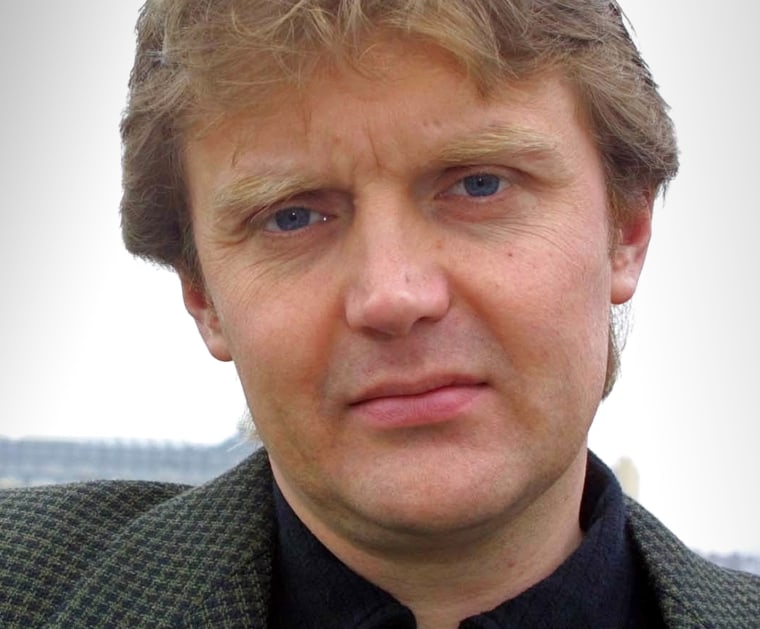LONDON — Ex-KGB spy Alexander Litvinenko told British police that Russian President Vladimir Putin was personally behind his 2006 killing, an inquiry heard on Tuesday. British authorities believe Kremlin critic Litvinenko was poisoned with green tea laced with radioactive polonium-210 at a hotel in central London during a meeting with two Russians, Andrei Lugovoy and Dmitry Kovtun. He died 22 days later.
At the start of a long-awaited inquiry which will delve into the murky world of British and Russian spies, exiled Russian oligarchs and the mafia, lawyer Robin Tam said secret British government evidence provided a prima facie case of Russian culpability. Tam read a transcript of an interview Litvinenko gave detectives while on his death bed in which he said: "I have no doubt whatsoever this was done by the Russian secret service.
Litvinenko added: "Having knowledge of the system, I know that the order about such a killing of a citizen of another country on its territory, especially if it's something to with Great Britain, could have been given by only one person. That person is the president of the Russian Federation, Vladimir Putin."
Ben Emmerson, the lawyer for Litvinenko's widow Marina, also blamed Putin. He said all the evidence pointed to the president ordering the killing to cover up close links between his administration and the Russian mafia. "It was an act of nuclear terrorism on the streets of a major city which put the lives of numerous members of the public at risk," Emmerson said. "Mr Putin should be unmasked by this inquiry as nothing more than a common criminal dressed up as a head of state."
Inquiry lawyer Tam said the authorities had followed a radioactive trail across London which suggested there had been a previous attempt to poison Litvinenko during meetings he had the month before with Lugovoy and Kovtun. Tests had shown traces of polonium at offices, hotels and planes used by the two Russians, he said. The Kremlin has always denied involvement, as have Lugovoy and Kovtun, whom Russia has refused to extradite.
